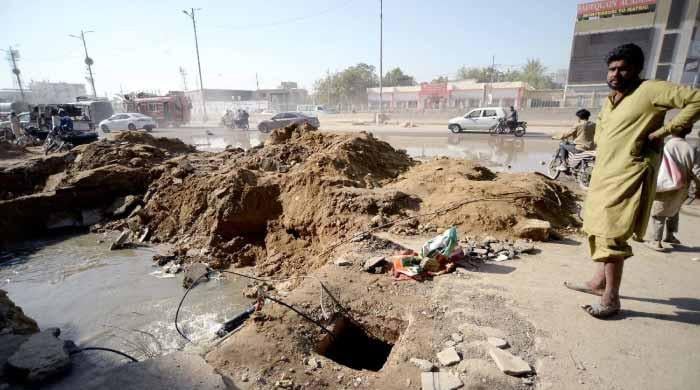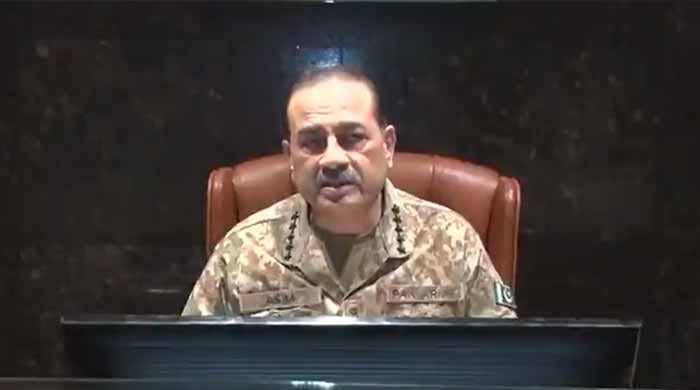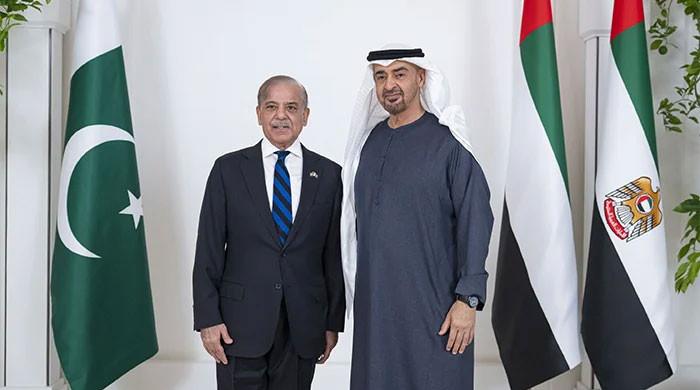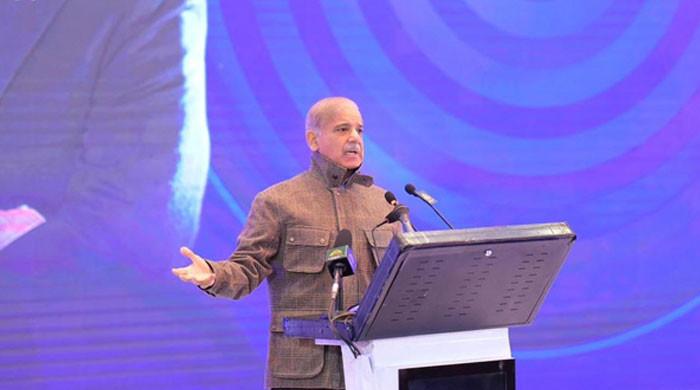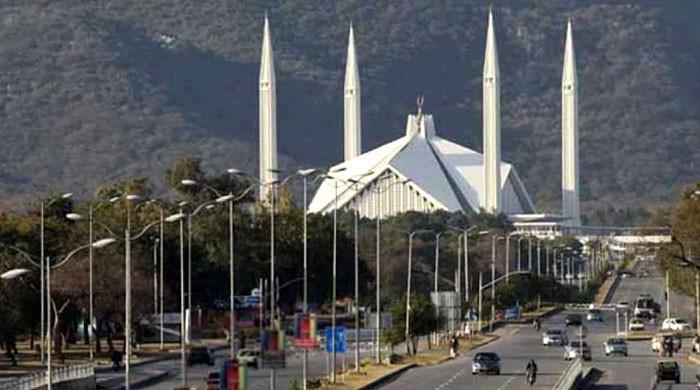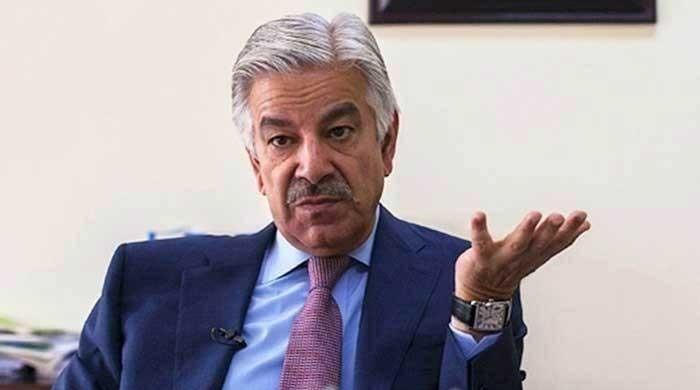Explainer: Breaking the deadlock over election commission
Constitution has a procedure for selecting members for election body
September 13, 2019
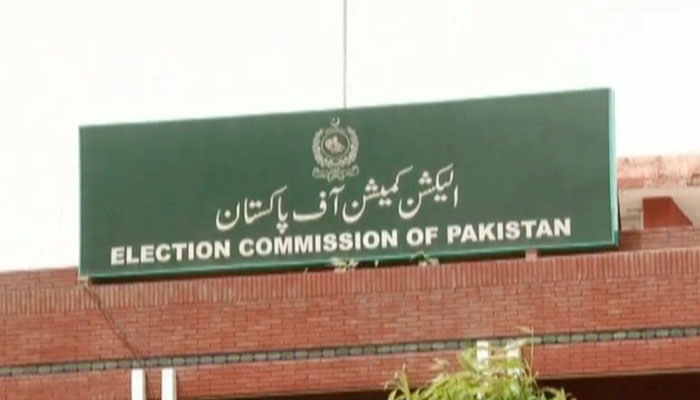
On August 22, the president appointed two officers to the Election Commission of Pakistan (ECP), to represent the province of Sindh and Balochistan, eight months after the positions fell vacant. The opposition was outraged. It complained that the president and the ruling party did not take its leaders into confidence when naming the men. A day later, the Chief Election Commissioner Sardar Mohammad Raza also refused to administer oath to two members.
Raza, reported the media, believed that the appointments had not been carried out as per the constitution of Pakistan. The constitution, as the CEC pointed out, has laid out a procedure for selecting members for the election body:
[(2A) The Prime Minister shall in consultation with the Leader of the Opposition in the National Assembly, forward three names for appointment of the Commissioner to a Parliamentary Committee for hearing and confirmation of any one person.
(2B) The Parliamentary Committee to be constituted by the Speaker shall comprise fifty per cent members from the Treasury Benches and fifty per cent from the Opposition Parties, based on their strength in Majlis-e-Shoora (Parliament), to be nominated by the respective Parliamentary Leaders:
The prime minister and the leader of the opposition have to deliberate on the names. In case they do not agree, then they are mandated by the constitution to forward three names, separately to the parliamentary committee, for the position of the chief election commissioner and members of the ECP. The committee will then select a name each and forward its final decision to the president.
“What happened, in this case, was that there was no consensus between the prime minister and the leader of the opposition,” says Ahmed Bilal Mehboob, president of PILDAT (Pakistan Institute of Legislative Development and Transparency) in a video posted on the think-tank’s website. “The two positions became vacant on January 26. Eight months later a notification was issued by the president for new appointments, even though the constitution requires the positions to be filled within 45 days.”
Since the parliamentary committee could reach a decision either, the president says Mehboob, decided to make the appointment himself.
Now, a deadlock persists. Meanwhile, the government has filed a reference in a court, against the CEC for not administering oath to the new members.
So, how will this political impasse end?
Mehboob suggests that the parliamentary committee continue with its consultation and reach a decision. If that doesn’t happen then the government should write a letter to the Supreme Court, as per article 186 of the constitution, to ask for advice. “The third option is that the parliament amend section 2A of the constitution that deals with these appointments.”




